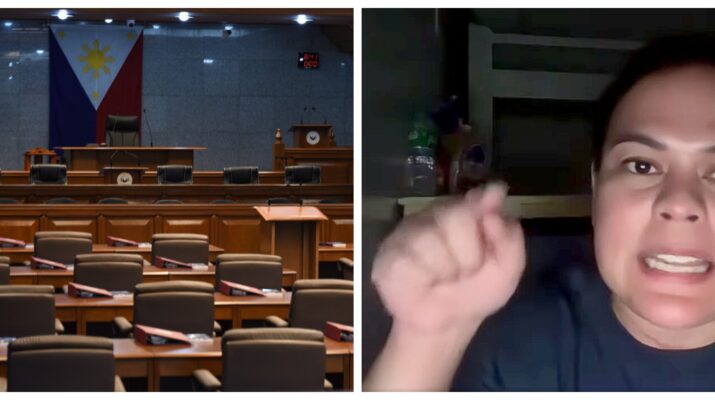After a long period awaiting Vice President Sara Duterte’s impeachment, Filipinos are now facing another period of lull awaiting her impeachment trial and potential conviction.
In a saga that culminated in early 2024 after the collapse of the “UniTeam”alliance between the Duterte and Marcos political dynasties, the Vice President found herself impeached by a majority vote in the House of Representatives last 5 February.
As the impeachment process goes, the vote done by Congress’ lower chamber merely indicts VP Duterte on the articles of impeachment laid against her. Her removal from office and perpetual disqualification from public office can only be done after the Senate – convening as an impeachment court – convicts her; if indeed they decide to do so.
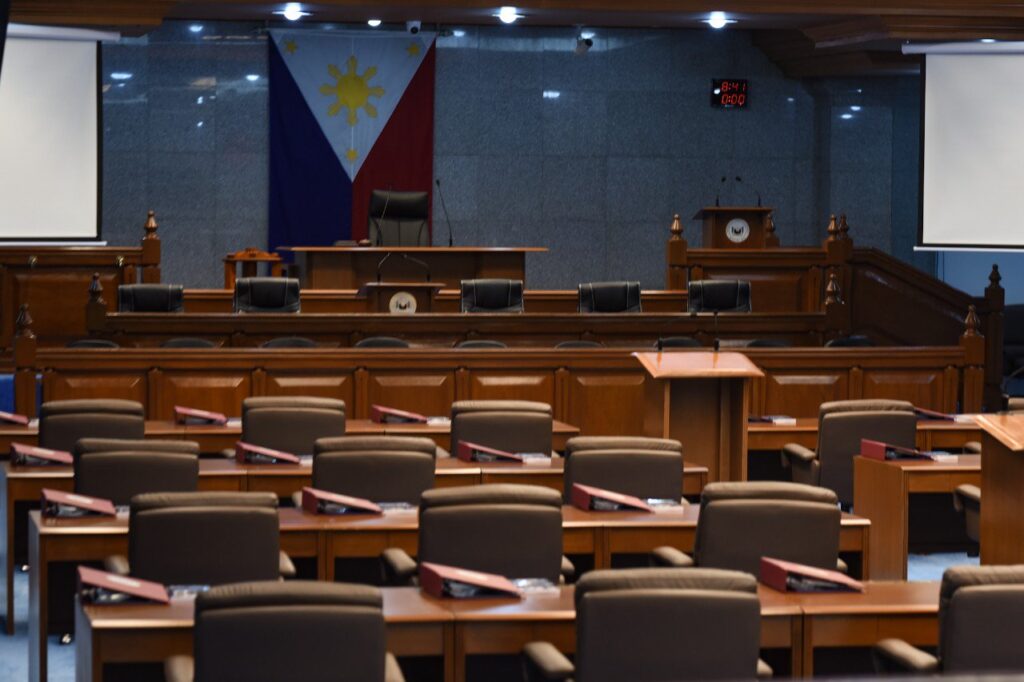
In the event of an acquittal, VP Duterte carries on in her role as the nation’s second-highest official and undoubtedly will have the momentum leading to the 2028 general election – an election she is widely seen to be the front-runner for the presidency.
Thus, how the impeachment trial will unfold and ultimately what verdict it will mete out creates an air of political uncertainty in the country – a climate that is detrimental to a broad range of stakeholders: everyday Filipinos, foreign investors and local businesspeople, and even politicians themselves.
It is therefore in the interests of majority of the country to start the impeachment trial immediately to find a quick resolution into this intensifying feud between the nation’s two most powerful political blocks.
At the moment, only the Senate stands in the way – the legislative branch’s upper chamber which is mandated by the Constitution to convene as an impeachment court. Not only is it their responsibility, in reading Article XI, Section 3 of the constitutional document there is also an expectation that the august body fulfils this mandate with expediency.
The Constitution states: “In case the verified complaint or resolution of impeachment is filed by at least one-third of all the Members of the House, the same shall constitute the Articles of Impeachment, and trial by the Senate shall forthwith proceed.”
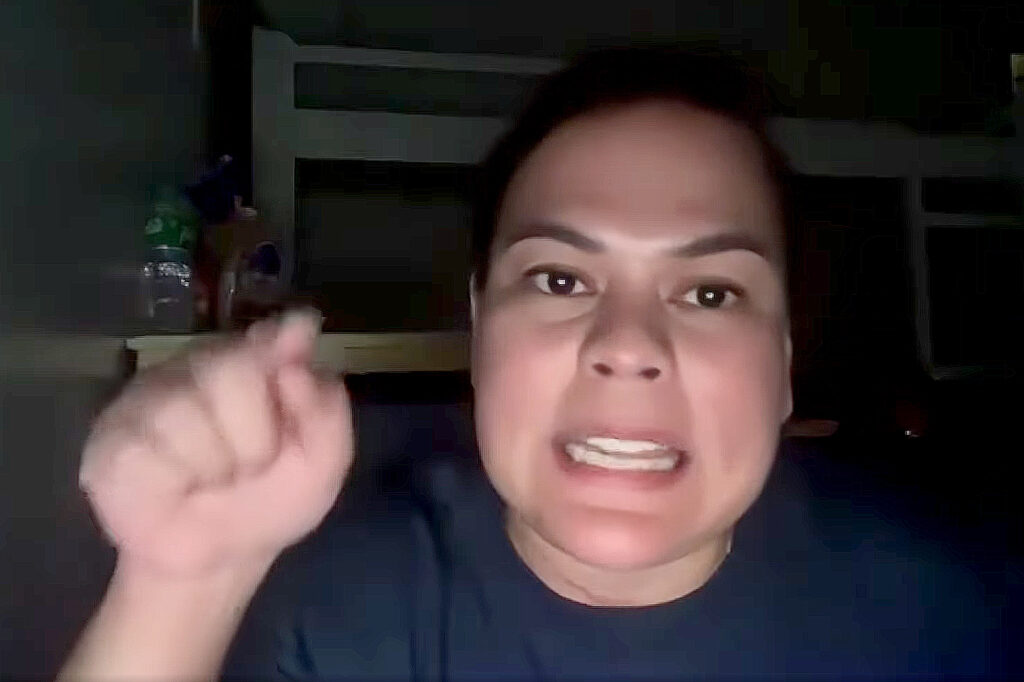
Yet the upper chamber’s leader, Senator Chiz Escudero, disagrees with impeachment supporters’ definition of the word – ‘forthwith’. The Senate President is adamant he and his colleagues cannot be rushed to convene as an impeachment court to begin the Vice President’s trial.
Providing fodder to Escudero’s standpoint is the fact that the Senate adjourned for a recess on the same day the House voted to impeach VP Duterte. Had the Senate still been in session, there would have been no excuse for the upper chamber not to address the impeachment issue.
Escudero insisted that the impeachment trial can only proceed in the 20th Congress, even touting a date as far out as 12 July as the target schedule. While Senate’s rules may prevent the body from convening during their scheduled recess, Escudero – a lawyer by profession – should remind himself on the concept of “constitutional supremacy.”
As in any democratic country, the Constitution is the supreme law of the land and has the ability to invalidate any laws, procedure or executive orders that is contradictory to it. If the Supreme Court can strike down any legislation passed that is incongruous to the Constitution, what more the Senate’s own rules that is hindering the body to convene as an impeachment court in a ‘forthwith’ manner?
The Supreme Court could potentially step in to compel the Senate to fulfil its constitutional mandate, but even barring that scenario there is much recourse available to solve this impasse.
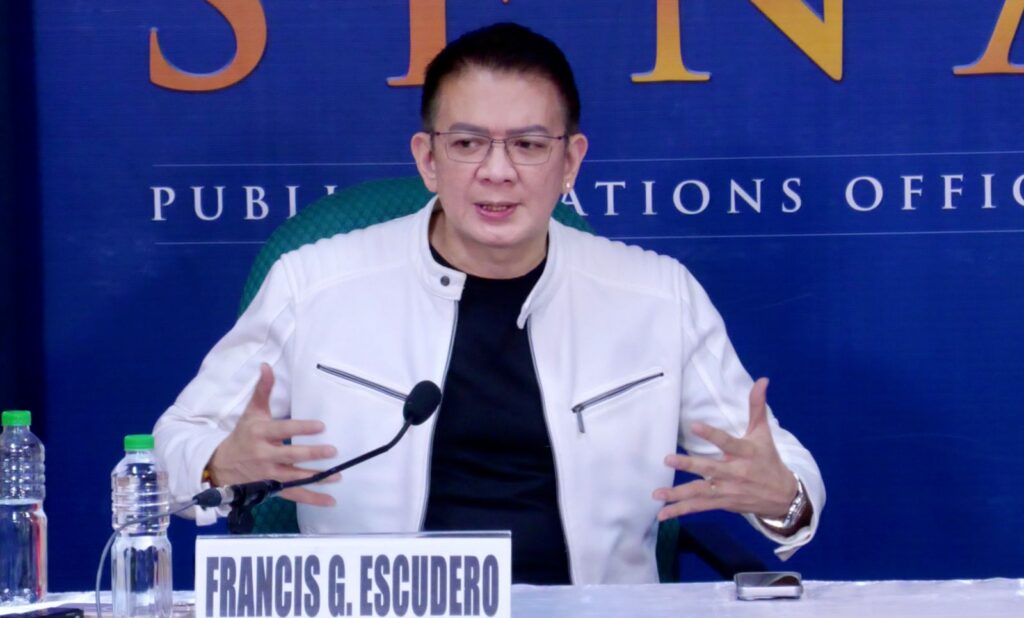
One has already been touted by Escudero himself, who said that the President could call for a special session for Senate to convene. This solution would be the most straightforward since it could be done by President Marcos Jr. unilaterally.
Despite VP Duterte’s impeachment obviously beneficial to his own political survival, the President has chosen to remain coy and declared he would only call for a special session if the Senate asked him to first. There are no rules forbidding the Chief Executive from using such discretionary power without being asked prior by the Senate, his reasoning is merely an excuse for dillydallying.
Much of the reason for the stonewalling is due to the fact that it is election season. As the 19th Congress winds down, many of the senators are needing re-election into the next congress.
As much hammering as the Duterte political dynasty took in 2024, most especially VP Sara, they have maintained a strong and steadfast support base. That base could potentially make or break political candidates’ electability, pushing them to be cautious in tackling the issue of impeachment.
There is also much need for those senators to take a recess as they will need to travel the country campaigning. If they are forced to convene as an impeachment court, they will be tied down in the Senate building unable to engage with potential voters.
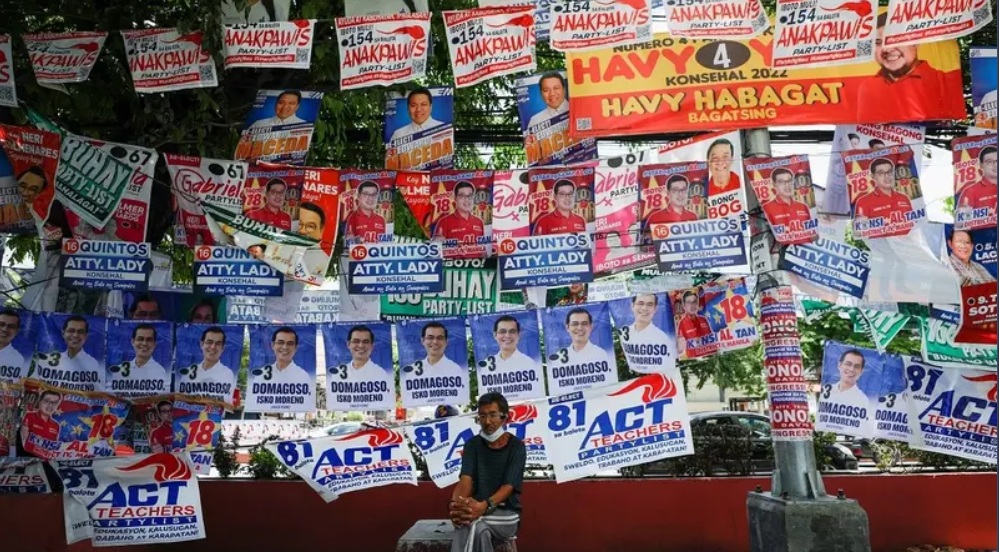
Though risk-averseness may be the prudent position to take from an electoral perspective, it is in contradiction to the constitutional and moral obligations of those elected senators. By dawdling on VP Duterte’s impeachment trial, the Senate is prolonging political uncertainty in the country.
The issue of impeachment is a matter of justice, and as the age-old legal maxim states: “justice delayed is justice denied.” There should be no delay in hearing the case for VP Duterte’s impeachment, no matter how inconvenient it may be to some election candidates and their electability.

